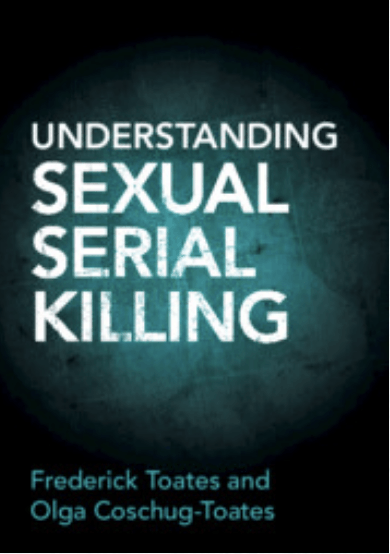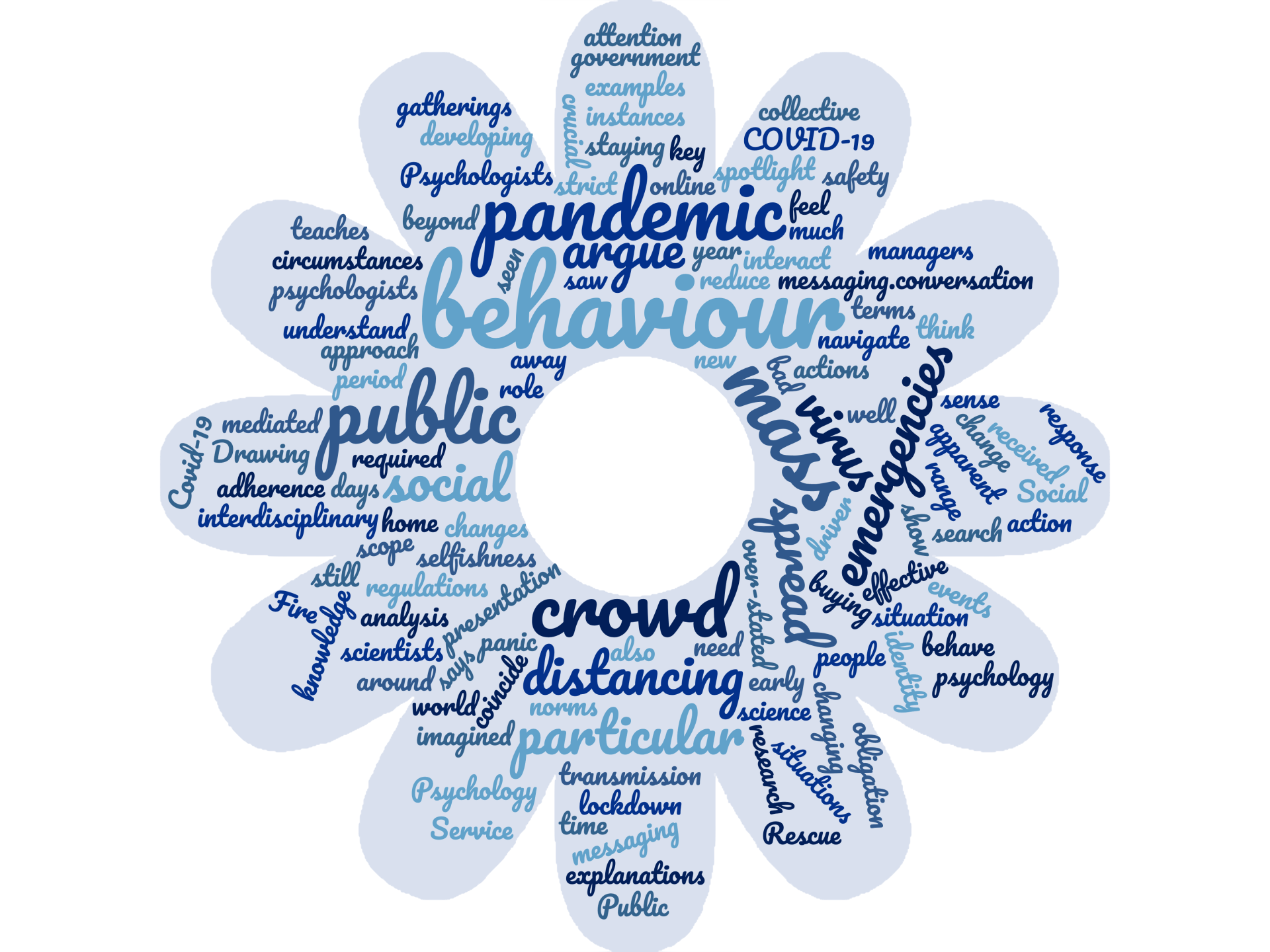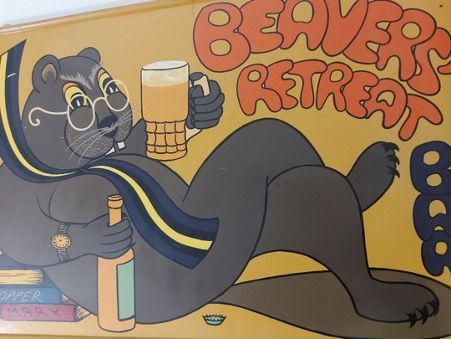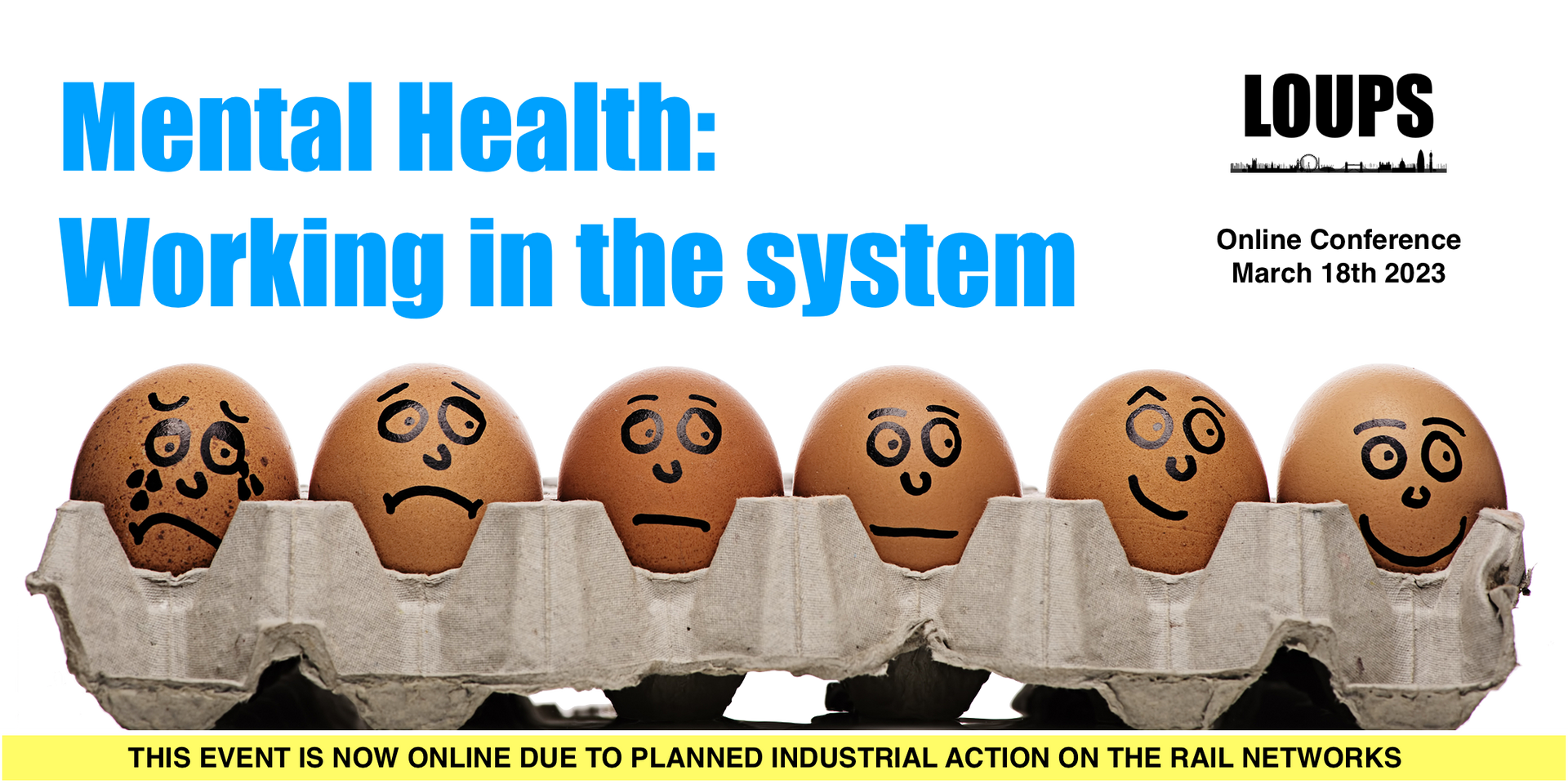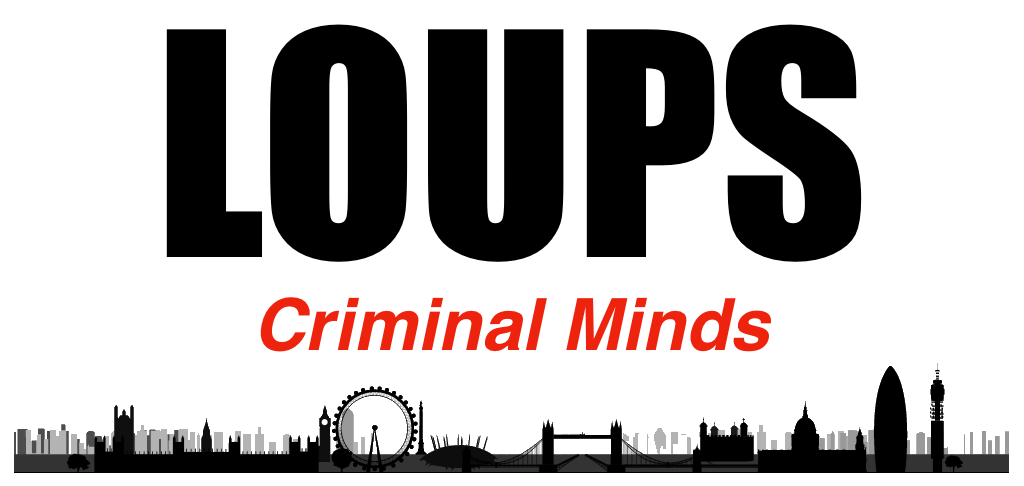"Share something real with someone you trust" - LOUPS Mental Health Seminar 2019
On an autumn day in late September, the London branch of the Open University Psychological Society held their Mental Health Seminar. The beautiful venue, the Academic Building of the London School of Economics, was a vibrant setting for the lively and thought-provoking talks that comprised the seminar. We were fortunate to have wonderful speakers providing a diverse programme which synthesised masterfully.
The day began with
Victoria Zamperoni, from the Mental Health Foundation (MHF). The MHF is a long-established charitable organisation which seeks 'good mental health for all', by conducting research, consulting on government policy, and hosting the Mental Health Awareness Week. Victoria covered numerous topics, such as minority stress, workplace and university stress. In an interactive activity, we generated a word cloud of the myriad topics contributing to stress, demonstrating the universality of the phenomenon. Discussion at the end of the session touched upon risk and protective factors, such as isolation and a mental health first aider in the workplace. Victoria signposted the resources and support available from the MHF and the NHS websites, in addition to highlighting the importance of action. Awareness of the aforementioned issues is important, but it must be met with action: the MHF is leading the way. This was a brilliant session: informative, insightful and inspiring.
The second session was a veritable tour de force, which was appropriate as the subject matter, sophrology, is popular in France.
Dr Gini Harrison presented an introduction to sophrology, as well as a guided practice session. Sophrology was developed by neuropsychiatrist, Professor Alfonso Caycedo, and combines mental and physical exercises, including meditation, relaxation, gentle movement and visualisation. Sophrology has been applied to numerous issues, such as stress, burnout and event preparation, for example, childbirth. Gini guided a taster session utilising breathing and tense-and-release techniques, plus she offered OUPS members a beginner's course. In a relatively short session, Gini delivered a truly accomplished presentation which combined; anecdotal benefits, references to further information about sophrology and a critical evaluation of the existing evidence. There is currently a lack of randomly controlled trials providing robust evidence however, there exists an evidential basis to the benefits of the individual elements of sophrology. Ultimately further research is needed, and our Investigating Psychology methods maestro gave a nod to future DE300 students! Perhaps a student on the beginner's course will go on to study this fascinating practice?
OUPS President,
Professor Fred Toates presented the third session of the seminar, Stress, addictions and obsessions. In a characteristically brilliant lecture, Fred traversed a range of examples of addictions and obsessions, including the chemical, social and ritual. The notions of; wanting versus liking, incentive sensitisation, and complexities related to the titular phenomena, afforded a rich study of humanity. Mental health issues can be isolating and shrouded in shame: addictions and obsessions can insidiously pull us into the darkness. However, this thought-provoking presentation offered a personally unexpected lifeline represented by the mechanisms highlighted, as well as, the sheer range of examples capturing obsessions seldom covered, such as trichotillomania. The many threads of this session can perhaps be best summed up by Fred himself, who stated that we are "all walking contradictions". Something we should endeavour to remember.
The penultimate session of the seminar was presented by Dr Gillian Ragsdale of the OU. Gillian got us thinking when she said that there is only one stress response, regardless of whether the stressor is a hungry lion or an impending TMA, and that "stress only exists in us". Part lightbulb moment-part sucker-punch, this certainly cut through any post-lunch slump! The influence of stress in early life can change an individual's biology and have enduring consequences. Epigenetics looks at how to build resilience and how to repair damage that has already been done. Rats who had attentive mothers went on to be less anxious than their counterparts, and also went on to be attentive mothers to their own pups. Gillian talked about the similar links in humans between poor parenting and later outcomes, however, it is possible to break this pattern so do not despair! Gillian delivered a great session and an informative look at the enduring impact of stress but also gave us pause to reconsider our perceptions of stress.
Dr Jutta Tobias-Mortlock of City, University of London, closed out the LOUPS seminar with a dynamic session about mindfulness. Jutta defined mindfulness as a metacognitive practice which makes space using three components; noticing, opening up beyond the intellectual, and connecting. The whole room participated in the 'one word check-in' task and gave answers as varied as, Netherlands, podiatrist and pub; all rather demonstrating Jutta's point that attention is fickle. The one word check-in was "a way of bringing mindfulness into social situations", and it is a practice some would be taking back home. Another crowd-pleasing activity was the 'snow globe inside', in which we shook out our bodies as if we were a snow globe. Jutta demonstrated that there is more to mindfulness than silent meditation, and stated that "the mind and body are intrinsically connected". Jutta, citing Louis Cozolino, said that "we are not survival of the fittest. We are survival of the nurtured". This synthesised the content of the seminar as; Victoria had emphasised the need for action and the physical implications of stress, Gini had introduced the anecdotal benefits of sophrology, Fred had delivered a diverse lecture on the "walking contradictions" we all represent, Gillian had made us reconsider our perceptions of stress and, Jutta had held a dynamic session of participation and reflection. The different sessions arguably each had elements of nurturing within them which converged.
As the end of the day drew closer, and with the siren call of the pub wailing for some, Jutta implored us to "share something real with someone you trust". Advice which is terrifying, rousing and critical in a world so fractured, but advice which could potentially pull someone experiencing a mental health issue back from the brink. Finally Jutta asked, what will you remember about today? I will remember many things, some I would rather not remember, some that I'm still laughing at now, but above all, I will remember that people gave up their time to arrange and speak at this wonderful event, and I will remember that I am grateful.
